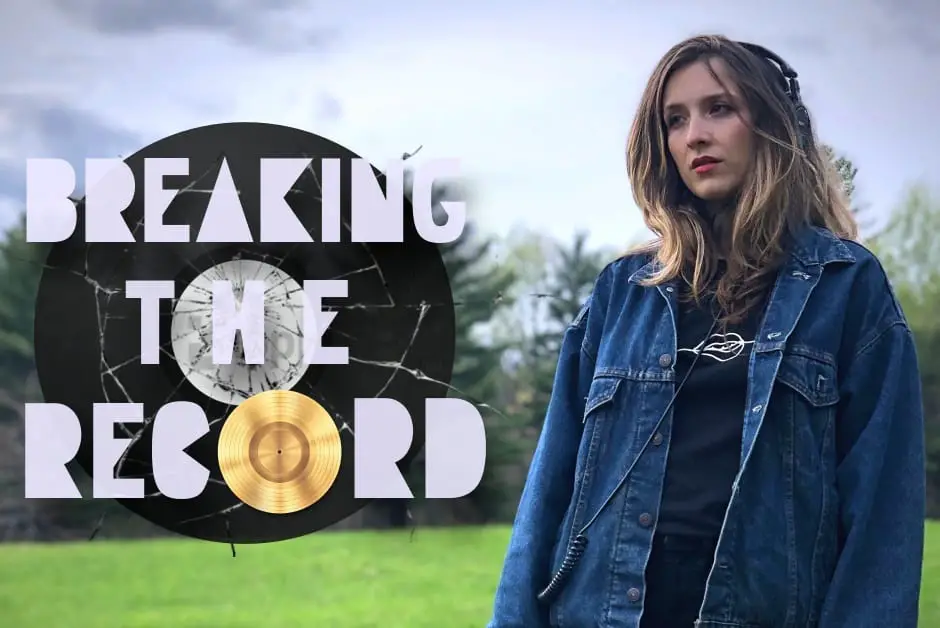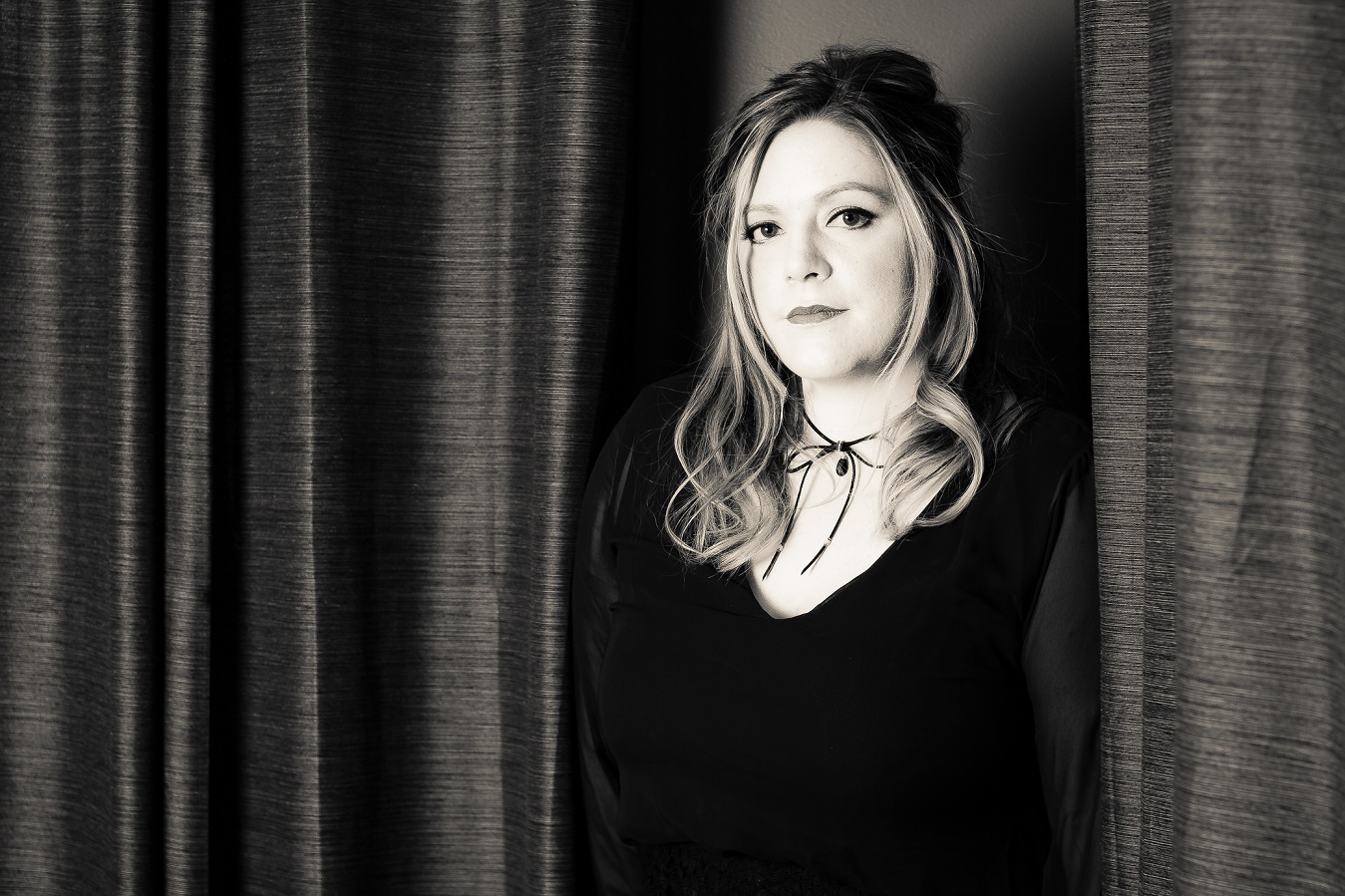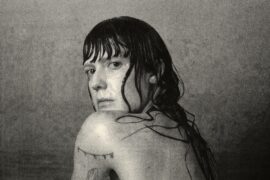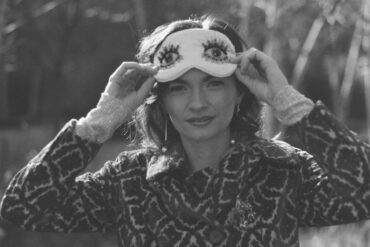Jackie McLean of the indie band Roan Yellowthorn grants us an inside look at the making of an album from start to finish in her ‘Breaking The Record’ column.
“Can’t Change Me” – Roan Yellowthorn
As I’m gearing up to start a new album cycle within the next few months, I’m thinking about social media and that word: authenticity. Social media is weird. It’s also a necessary part of being an artist these days. I like to be heard and seen to some degree. That’s part of why being an artist and musician feels so therapeutic to me; it’s nourishing to be able to speak my feelings out loud and feel like my truth is being heard and received. It’s like proof that I exist. And, the more I do it, the more comfortable I get with myself – my feelings and thoughts. My humanity. My reality. Me. I’m expressing myself and being vulnerable but it’s on my terms. I like it that way.
Just jumping into the Breaking The Record series documenting the making of our album from start to finish? Read part 1 here!
Music is my safe space. It feels sacred to me. And also like a creative, artistic outlet. Doing music videos or press photos for my music feels safe, too. It feels freeing, actually. Like I can use my physicality to express myself. It’s another layer of creative expression and it helps me to further integrate the spiritual elements of the music – it anchors the words and music in my body, the place they came from. Except that once the song is out of me, the re-anchoring of the emotions is a different kind of feeling from the release of those emotions. It’s empowering. It’s strengthening. It helps me to integrate the feelings, themselves, back into myself in a way that feels safe and healthy. Once I’ve turned an experience or emotion into a song, I have ownership over it. It doesn’t own me any longer.
Self expression and vulnerability is one thing when it comes to the music. It’s another thing when it comes to social media.
It’s funny because what I do as a musician is called ‘performing.’ I get in front of people and sing. Or I get in front of a microphone in a studio and sing. Either way, it can technically be called a performance. Performing a song or performing for an audience. Performing.
But it’s not performing for me. It’s real. It’s the opposite of performing. It’s taking off the layers of performance that pile on top of everyday life and standing there, uncovered and vulnerable. Ultimately, uncovered and connected. Uncovered and proud. Singing in a studio doesn’t feel like a performance. Singing in front of people doesn’t feel like a performance. It feels like a kind of communion.
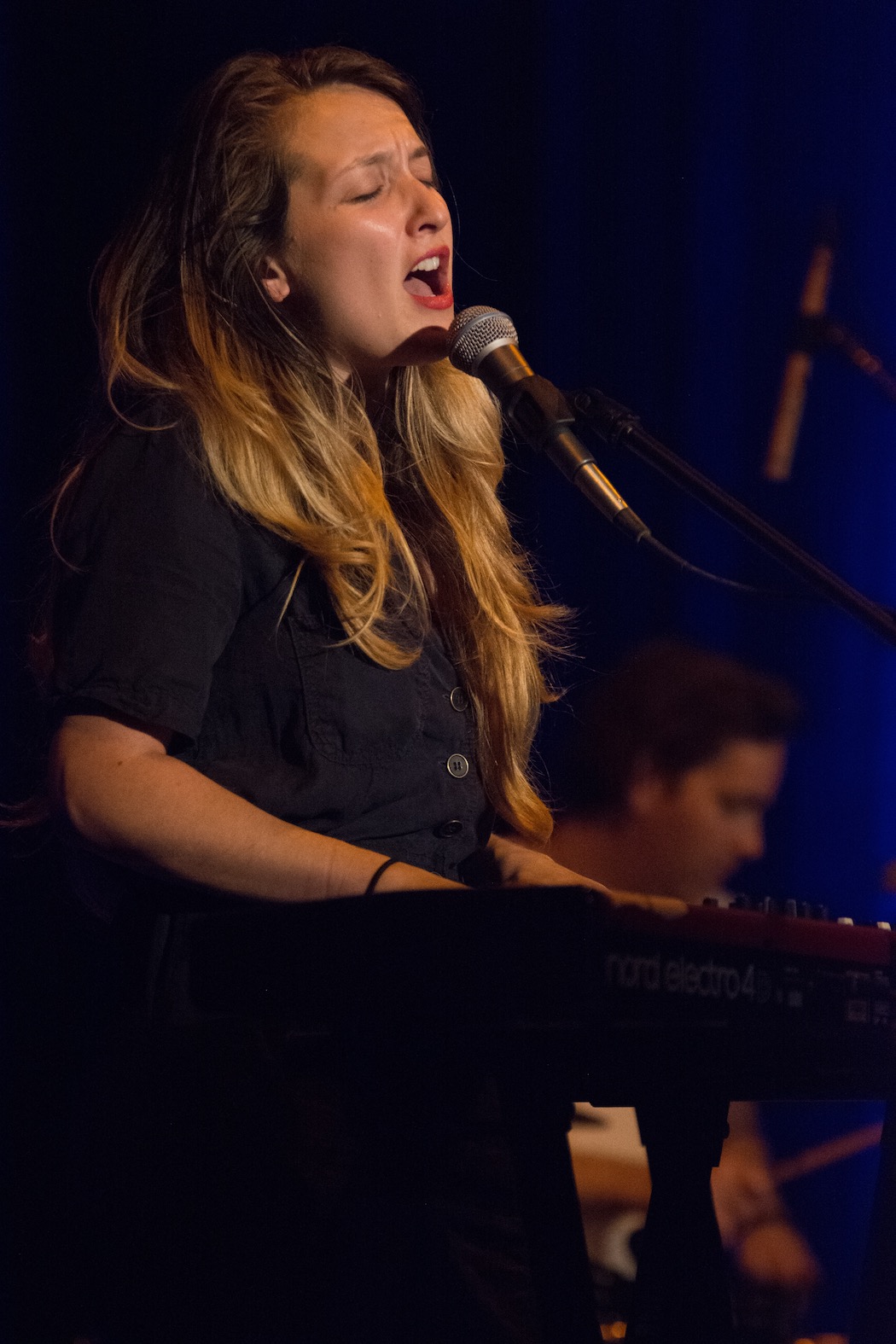
Social media, on the other hand, is supposed to capture daily life and yet it’s the most performative part of what I do. And, honestly, I have a really hard time doing it. First of all, it’s set up as some kind of popularity contest. It plays upon peoples’ insecurities. And I’m definitely insecure enough to be affected by it. I think my insecurities are part of the reason why I feel so nourished by performing. It’s like exposure therapy. With repetition, being authentic and vulnerable in front of strangers over and over again, I get to feel that maybe I’m worthy of acceptance. Maybe I’m acceptable enough to be heard and seen, even if just for brief moments.
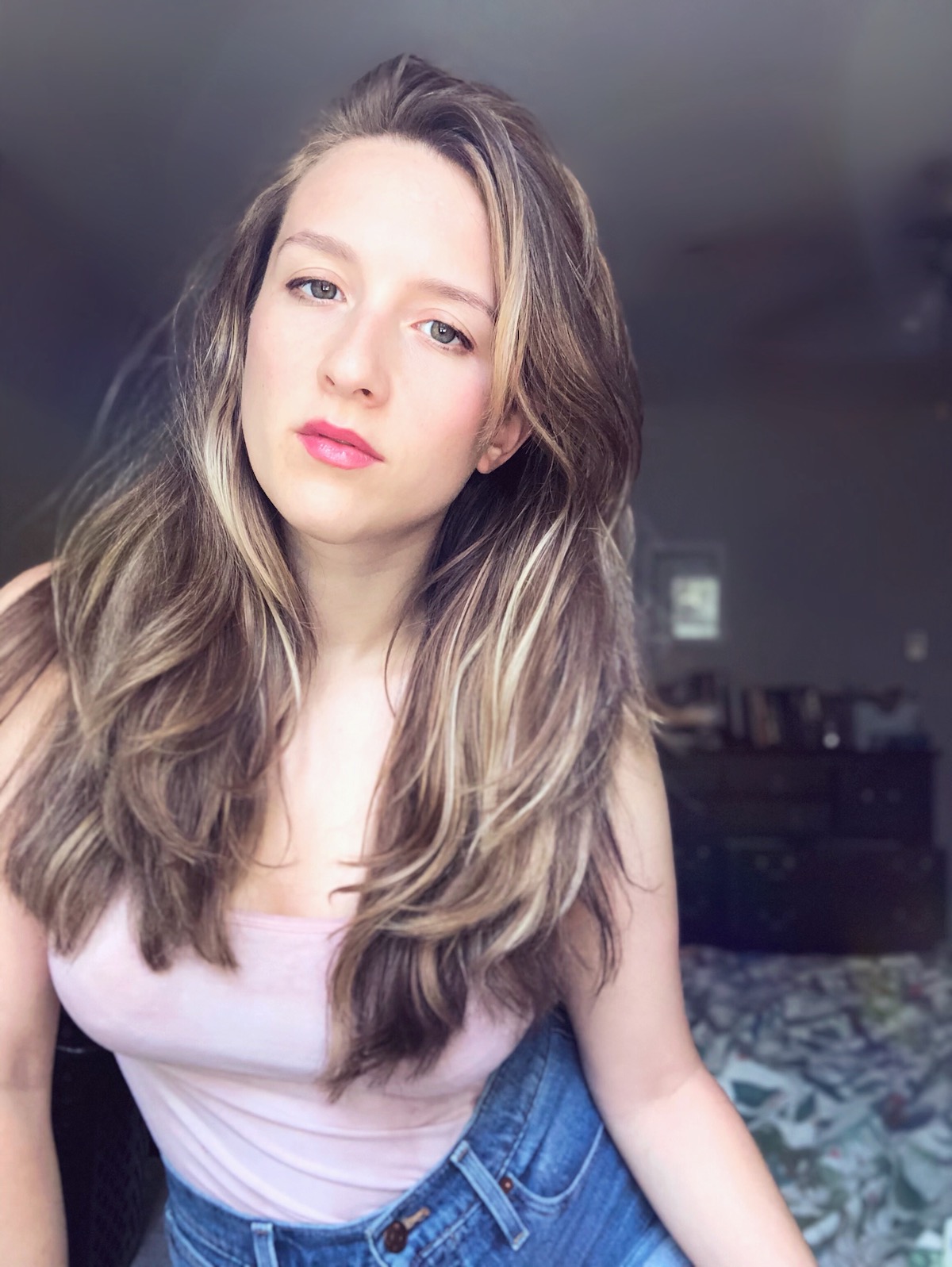
The social media platforms trigger every insecurity I have. And my sense of competition which comes, most likely, from an underlying fear that I am, in some essential way, not as good as other people. That combination of insecurity and competitiveness is not a good mix. It causes me to feel pressure to perform, in the truest sense of the word. It makes me feel like I have to cultivate a persona – like I have to hide everything about me that might be cause for rejection. It makes me feel hyper-aware of my appearance. It makes me worry that I’ll somehow leave myself open for criticism and rejection. And the possibility of public criticism, humiliation, rejection. This is one of my biggest fears. It’s just, in general, a melting pot of horror.
And the twist is that I have to do it in order to give my music, the thing that nourishes me, a chance to be heard. What a weird and complicated situation.
I’ve spent a lot of time obsessing about and, at the same time, avoiding social media. It scares me. But I am committed to growing as an artist. And I want my forthcoming album to be heard by as many people as possible. I am going to make sure it’s heard. Because I believe in it that much. As conceited as it may sound, I think the world needs to hear it. Maybe more accurately, I need the world to hear it. I’m proud of it. I want to share it. I need to.
So that means that I have to jump into the social media game. I’m not going to go half way. If I’m going to do it then I’m going to try to crack the code. And maybe what that means is being myself. Who am I even? That’s a question in and of itself. But I know what feels authentic to me. I know what feels true. I have a strong compass and it’s only gotten stronger in the past few months. I know what feels right for me. So my goal around social media, in order to assuage some of the panic I feel around it, is to listen to that compass. To listen to it above the scared voices in my head warning me that anything I show or say could be weaponized against me somehow. I’m going to try not to give into that. I’m going to try to approach social media the way I approach singing on stage – with the same amount of realness and truth that I channel when I, you know, perform.
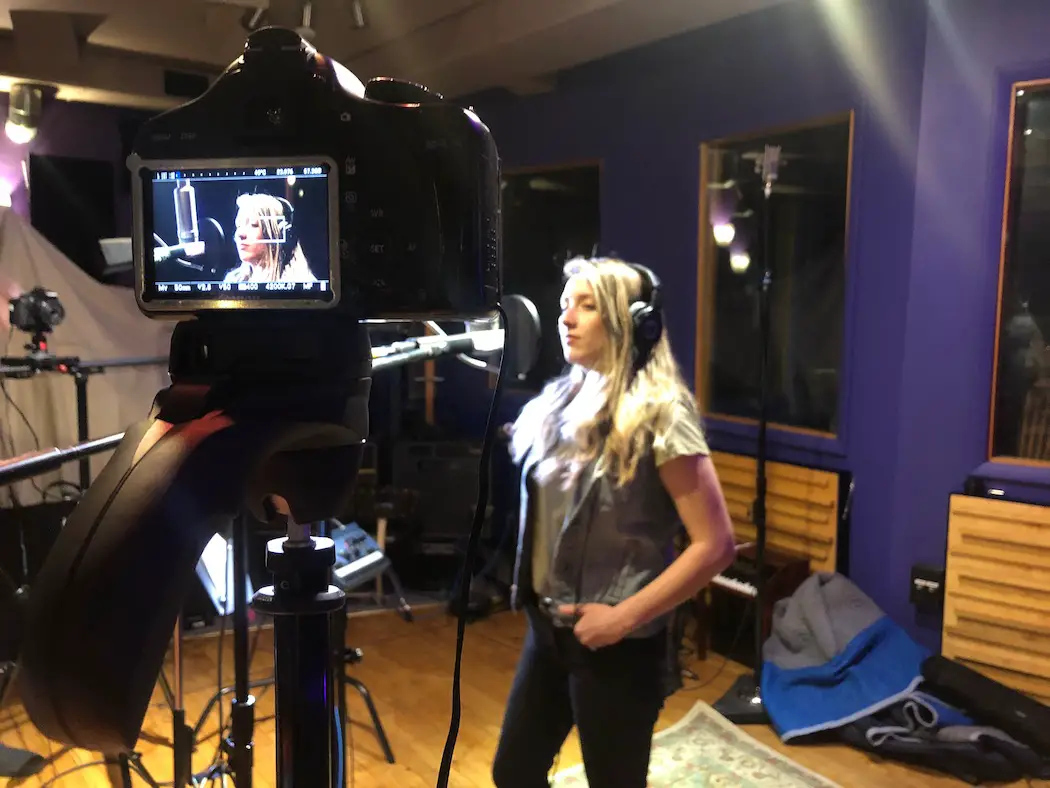
— —
— — — —

Connect to Roan Yellowthorn on
Facebook, Twitter, Instagram
Discover new music on Atwood Magazine
? © Jackie McLean
:: Breaking the Record ::

